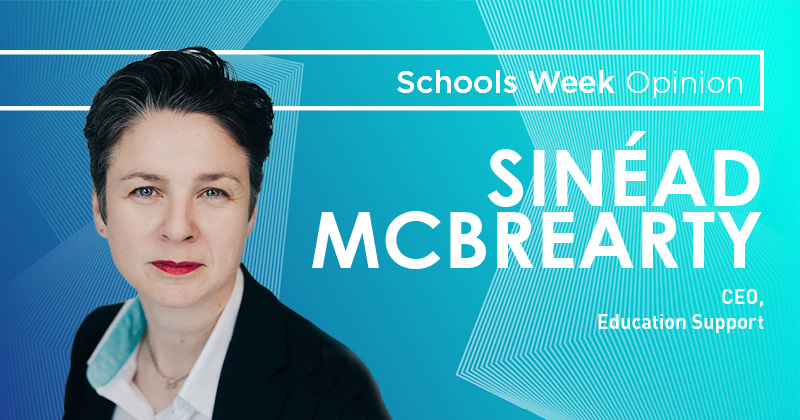In 2022, the then government laid out a new expectation that state-funded mainstream schools should deliver a school week of at least 32.5 hours from this term. Now, new census data allows us for the first time to better understand the length of the school week across the country and its relationship with pupil outcomes.
Earlier this year we examined what the international research tells us about the length of the school week and its impact on pupil attainment and wider outcomes.
It showed that the effects of providing additional school time, which encompasses instruction time and extracurricular activities, are varied but broadly positive with the diversity of effects often being attributed to variations in the timing, manner, and nature of the activities during these extended hours.
Previous research has also shown that the effect of increasing school hours varies depending on the subject being taught. Crucially for those interested in tackling the persistent disadvantage gap, extending the school day tends to have a more pronounced impact on the academic outcomes of pupils from lower socio-economic backgrounds.
We can now build on these earlier studies. In 2023, the Department for Education expanded the school census to include information on the number of hours that schools were offering in a typical week.
Our latest report uses this new data to develop a better understanding of how the school week varies across schools and assess whether we see any relationship with pupil outcomes.
Perhaps not unsurprisingly, most schools (four-fifths of primaries and three-quarters of secondaries) already have school weeks that are at least 32.5 hours. The government had said at the time of announcing the expected minimum that the large majority of schools were already meeting it. This was supported by survey evidence.
The data provides an opportunity to dig a little deeper.
We can see, for example, that free schools have the longest school days on average – almost an additional hour of school time a week at primary and over an hour extra at secondary, compared with the average school.
Free schools had the longest school days on average
This is likely due to the greater flexibility free schools have over their school days, although it is still greater than other academies who have similar freedoms.
We also found that academically selective secondary schools, schools rated ‘Outstanding’ by Ofsted and those in London tend to have longer school weeks.
Academically selective secondary schools have on average, a school week that is almost one hour longer than non-selective schools. ‘Outstanding’ schools have school weeks that are between 10 and 20 minutes longer, and pupils attending secondary schools in London have over half an hour extra time in school a week when compared to the typical school.
When we linked data on the length of the school week with pupil attainment data, we detected a small yet positive effect on overall attainment at the end of both primary and secondary school. The effects on primary attainment outcomes are larger than those at secondary.
We estimate that an additional hour of weekly secondary school time is associated with a 0.17 grade improvement in one GCSE subject.
We also find that this varies by subject. An additional hour a week at secondary school is associated with a 0.063 grade improvement in language GCSEs, much larger than the estimated 0.018 grade improvement in English, 0.014 in maths, 0.016 in science and 0.017 in humanities GCSEs.
However, it is plausible this larger association with respect to languages is due to factors we cannot observe in the data, given the available measures of prior attainment and relatively low take-up of language subjects.
This speaks to a wider challenge in this research. The current data collection requires schools only to report the total weekly time pupils spend in school each week. We don’t know, for example, how much time is allocated for instruction rather than breaks, nor how much is spent on each subject and how broad the subject mix is.
Nevertheless, this is an important first step in understanding how time spent in school might affect pupil outcomes. The key question now is: how can that time be best spent?
Read the full report, ‘A longer school day: the attainment benefits of an extra hour a week’ here











